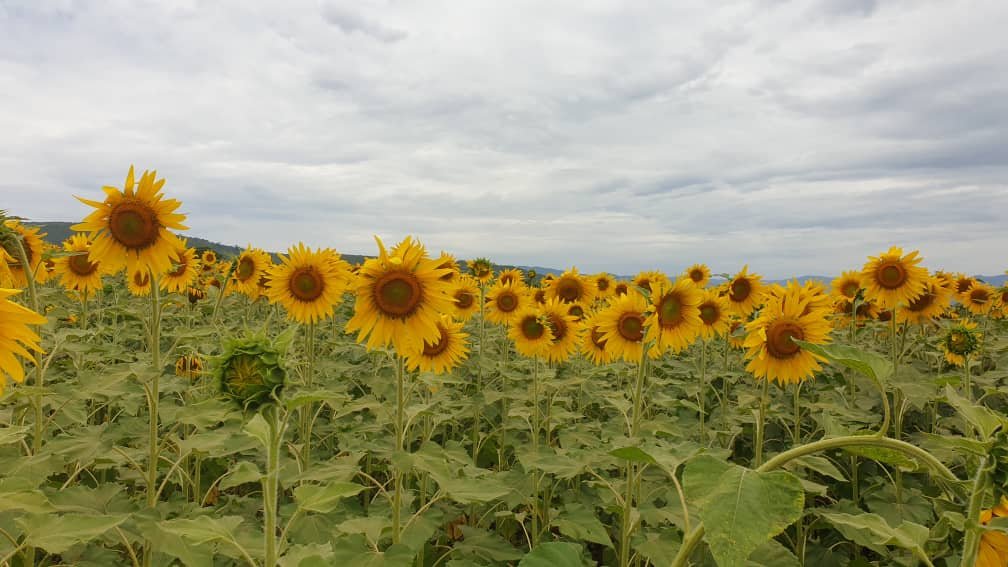The Smallholder Farmer Training Programme - Sowing the Seeds of Change
During the last two years, Livingstone Tanzania Trust (LTT) has initiated another phase of the Smallholder Farmer Training Programme, in the Singe Ward of Babati. Working with the NGO, Maisha Capacity Development Opportunity (MCDO), we continue to strengthen links and raise awareness.
Introducing sustainable farming and new horticultural techniques to 120 farmers, we have continued to promote innovation and good practice, encouraging a departure from subsistence to enterprise-orientated farming methods. The positive outcomes of our initiative are significant:
THE CATALYSTS OF CHANGE…
MENTORING:
LTT’s Community Agricultural Support Officers (CASOs) are instrumental in delivering training and providing ongoing support to the farmers of Singe. Responding to needs that reflect the farmer's own experience, CASOs share pertinent technical advice. Training is provided - free, practical and comprehensive - through classroom lessons; field activities; mentoring and a wide range of advisory services, including disease management; business skills and animal husbandry.
Around 40 monthly mentoring visits are undertaken by CASOs.
ON-FARM TRAINING AND COACHING:
LTT recognises the importance of promoting autonomy and has been encouraging the shift towards diversification and the creation of new income streams. On-farm training is providing an environment in which farmers obtain vital skills: the introduction of trial growing sites - demonstration plots - allows them to gain an understanding of farming-related concepts, such as crop rotation, organic composting and crop storage.
Experimentation with crops which yield greater profitability; the growing of fruit and vegetables - notably, tomatoes and bananas - and sunflower production are all proving to be financially lucrative. With crop surplus a reality, farmers are now reaping the benefits from changes to their growing models.
100% of farmers have implemented positive changes to their farming practice.
65% of farmers are opting to grow more than one type of crop, mitigating the risk of income loss through crop failure.
69% of farmers involved in horticulture now use this as a means of cash income; an increase of 22% from the outset.
COMMUNITY DEMONSTRATION HUBS:
The age range of the existing user group varies widely - from 23 to 75 years - and in order to secure sustainability, it is vital to prepare the children of Babati for a future role in farming.
Expansion into primary schools has seen market garden enterprises at Gendi and Managha Schools’, and the establishment of a small dairy herd at Managha - projects which enhance life skills and generate much-needed income, from local sales of its produce.
Testament to the vision of LTT, this is tangible proof of communities thriving through education. By embracing change and adopting new practices, farmers and their families are now maximising their potential, increasing profitability and gaining a new-found optimism for the future of farming. LTT is, indeed, sowing the seeds of change!




